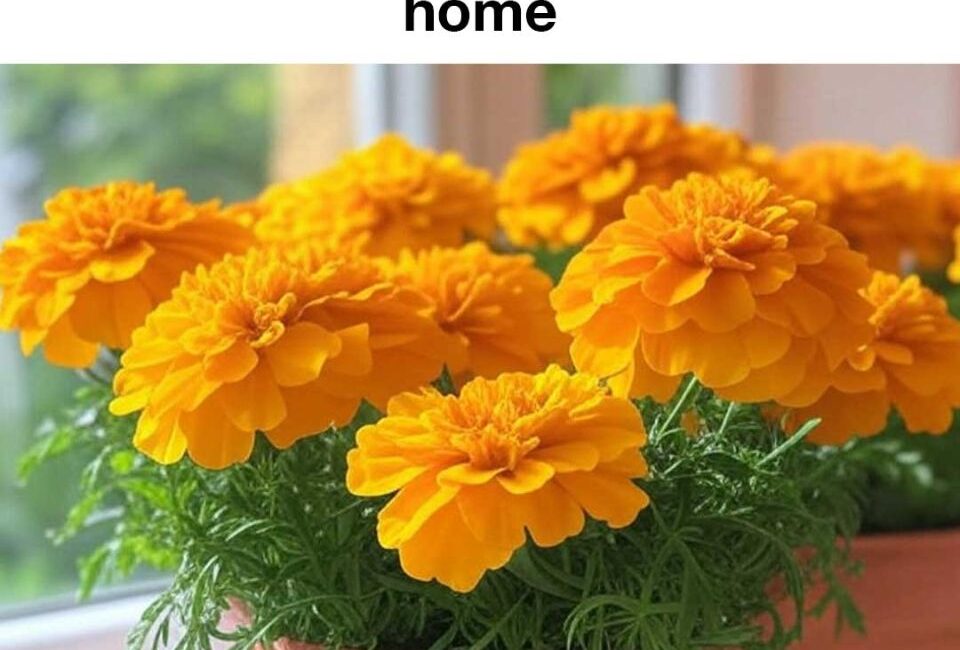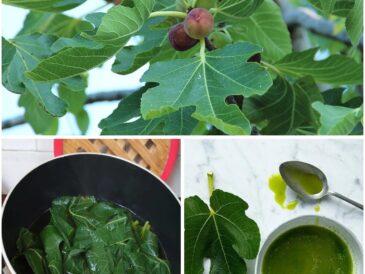How to Use Rosemary:
- Outdoor plants: Grow rosemary near outdoor seating areas to deter mosquitoes and flies.
- Potted plants: Rosemary thrives in pots, which you can place near windows or doors to keep insects out.
- Essential oils: Rosemary oil can be used in diffusers or mixed with other oils to make an insect repellent spray.
7. Garlic (Allium sativum)
Garlic is well-known for its culinary benefits, but its strong smell is also an effective insect repellent. The sulfur compounds found in garlic make it a natural deterrent for mosquitoes, flies, and ants.
Benefits of Garlic:
- Repels mosquitoes: The scent of garlic is known to repel mosquitoes and other flying insects.
- Repels ants and flies: Garlic’s strong odor also helps keep ants and flies away from your home.
- Easy to grow: Garlic is easy to grow in your garden and can be planted in the fall for harvest the following summer.
How to Use Garlic:
- Plant garlic: You can plant garlic in your garden, where its odor will naturally repel pests.
- Garlic spray: You can also make a garlic spray by blending garlic with water and spraying it around windows and doorways.
- Potted plants: Plant garlic near entrances to your home to create a natural barrier against pests.
8. Chrysanthemums (Chrysanthemum morifolium)
Chrysanthemums, commonly known as mums, are beautiful flowering plants that also double as excellent insect repellents. They are effective at repelling ants, mosquitoes, and flies due to the presence of pyrethrins, natural compounds found in the flowers.
Benefits of Chrysanthemums:
- Repels mosquitoes: The pyrethrins in chrysanthemums are toxic to mosquitoes, making them an excellent deterrent.
- Repels flies and ants: Chrysanthemums also help repel flies and ants.
- Beautiful flowers: In addition to their pest-repelling properties, chrysanthemums add color and beauty to your garden.
How to Use Chrysanthemums:
- Garden: Plant chrysanthemums around your home or garden to keep mosquitoes, flies, and ants away.
- Cut flowers: Use fresh chrysanthemums in bouquets and place them near windows and doors to deter pests.
- Potted plants: Chrysanthemums can also be grown in pots and placed around your home.
9. Sage (Salvia officinalis)
Sage is another herb with insect-repelling properties. Its strong aroma helps deter mosquitoes, flies, and other pests. Sage is also a great addition to any herb garden.
Benefits of Sage:
- Repels mosquitoes and flies: Sage’s fragrant oils act as a repellent for flying insects.
- Repels ants: Sage can also help keep ants away, particularly when the leaves are crushed and scattered around entry points.
- Culinary uses: Sage is commonly used in cooking and adds flavor to many dishes.
How to Use Sage:
- Plant in the garden: Sage can be planted around the edges of your garden to repel mosquitoes and flies.
- Potted plants: Like other herbs, sage grows well in pots and can be placed near windows and doors.
- Burn dried sage: Burning dried sage leaves can also help clear out flying insects.
10. Tansy (Tanacetum vulgare)
Tansy is an herbaceous perennial plant known for its ability to repel a variety of insects, including mosquitoes, flies, and ants. The strong scent of tansy is what makes it so effective as a natural pest repellent.
Benefits of Tansy:
- Repels mosquitoes and flies: Tansy’s strong odor acts as a natural deterrent for mosquitoes and flies.
- Repels ants: Tansy can also help keep ants away from your home.
- Medicinal uses: Tansy has been used in traditional medicine, though it should be used with caution as it can be toxic in large amounts.
How to Use Tansy:
- Plant in your garden: Tansy thrives in garden beds and can be used around the perimeter of your garden to ward off pests.
- Dry the leaves: You can dry the leaves of tansy and use them in sachets or pouches to repel insects inside your home.
11. Peppermint (Mentha piperita)
Peppermint is another type of mint known for its strong aroma and insect-repelling qualities. It is particularly effective at deterring mosquitoes, flies, and ants.
Benefits of Peppermint:
- Repels mosquitoes and flies: Peppermint oil is a natural deterrent for flying insects.
- Repels ants: Ants dislike the smell of peppermint, making it an excellent option for keeping them out of your home.
- Refreshing scent: Peppermint provides a refreshing and cool aroma that also helps with digestion when used in tea.
How to Use Peppermint:
- Plant in pots: Peppermint grows well in containers, which you can place near entrances or windows to keep pests away.
- Peppermint oil: Use peppermint oil in a diffuser or spray it around your home to deter pests.
12. Eucalyptus (Eucalyptus spp.)
Eucalyptus is well-known for its strong, menthol-like scent, which is effective at repelling mosquitoes and flies. Its oil is often used in insect-repellent products, but the plant itself can also keep pests at bay.
Benefits of Eucalyptus:
- Repels mosquitoes and flies: The strong scent of eucalyptus acts as a natural mosquito and fly repellent.
- Easy to grow: Eucalyptus trees and shrubs grow quickly and thrive in a variety of climates.
How to Use Eucalyptus:
- Plant outside: Eucalyptus trees can be planted in your yard to repel mosquitoes and flies.
- Essential oil: Use eucalyptus oil in a diffuser or as a spray around your home.
Conclusion
Creating a bug-free environment doesn’t require harsh chemicals. By incorporating these 12 plants into your garden and home, you can naturally repel mosquitoes, spiders, flies, and ants, all while adding beauty and fragrance to your living space. Whether you plant them outside or keep them in pots near doors and windows, these plants are simple, effective, and safe alternatives to store-bought insect repellents. Embrace the power of nature and enjoy a more comfortable, bug-free environment all year long!




